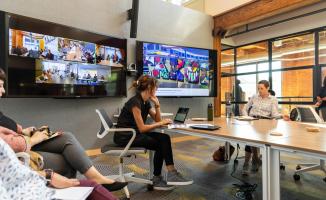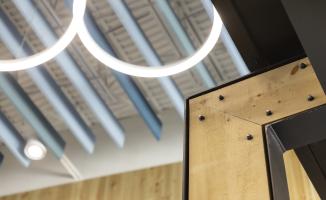International Women's Day: Embracing Equity in Architecture and Design

Each March for Women’s History Month, social media feeds are filled with posts and ideas to celebrate and honor women’s achievements while calling for action to accelerate gender parity. At Cuningham, increasing equity is a year-round part of our work culture and informs our approach to design. Not only does this commitment show up in our design work for clients, but it also drives our efforts around workforce representation, pay equity practices, and commitment to maintaining a learning mindset, even when it is uncomfortable.
Since this work is a year-round effort, we asked our team members the question: How is equity impacting how you approach your work? Here’s what they had to say:
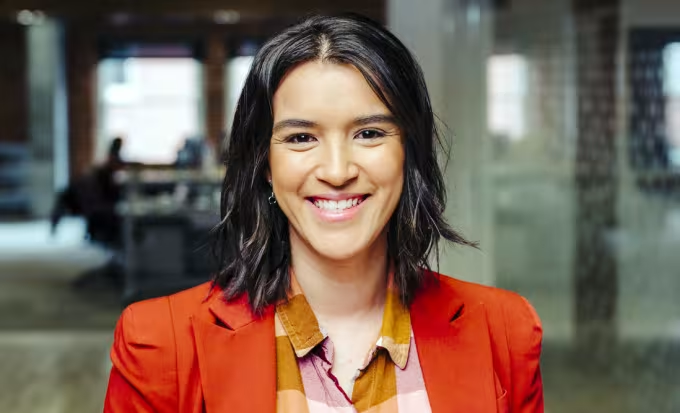
Hazel Myklebust
"Diversity, to me, is an understanding that we are all unique individuals due to our personal interactions and experiences. I know the conversation goes deeper than that, and there are many sub-categories within this topic, but as equity takes center stage in many conversations I strive for respecting others where they are. As a woman, I am thankful to be able to walk a line of caregiver and designer where my new experience of being a working mom brings an added layer to my work that wasn’t there before.
That’s just one personal example, but we’re all evolving as time passes. With each day we have the opportunity to be altered by our exposure. Equity comes into play when we are all allowed to fully be where we are on that day, soak in the interactions and experiences, and let them inform who we will be tomorrow."
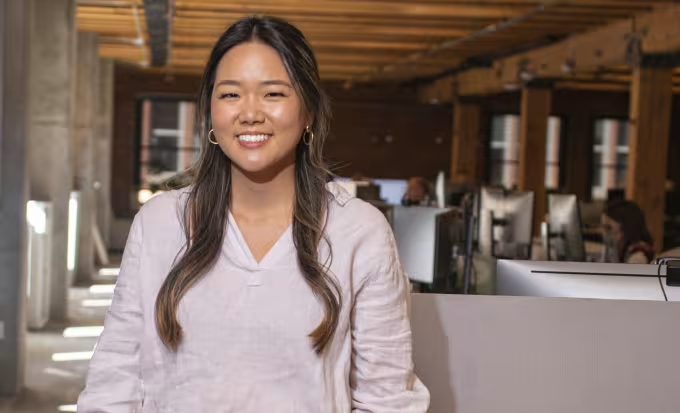
Deborah Park
"As a young designer in this industry, one of the worries I had after graduating was that I wouldn’t be valued as an Asian American woman designer.
Throughout the past seven years of my life, I was often told that architecture was a man’s job. In my first year of college, I was sitting in a cafe with my laptop when an older woman asked me what I was working on. I told her I was studying architecture. She then shared with me that her dream had always been to become an architect, but society told her that she could not. It was heartbreaking to hear that her dreams were crushed because she was a woman. I reflected, and I was grateful that I live in a society that is more accepting of women chasing their desired dreams and careers.
As equity takes center stage in design conversations, I’ve been able to have my voice be heard, helping me better thrive in my career. Improving equity in design has given me freedom to speak out without feeling like I have to stay quiet and fear that my input is less important because I am a woman. I make decisions and have opportunities to be a part of construction sites and other tasks that might have previously been seen as unfit for women. I can approach my work with more of an authentic version of myself. I don’t have to fear if I will be judged if I am too outspoken. It has given me more confidence that I am valued."
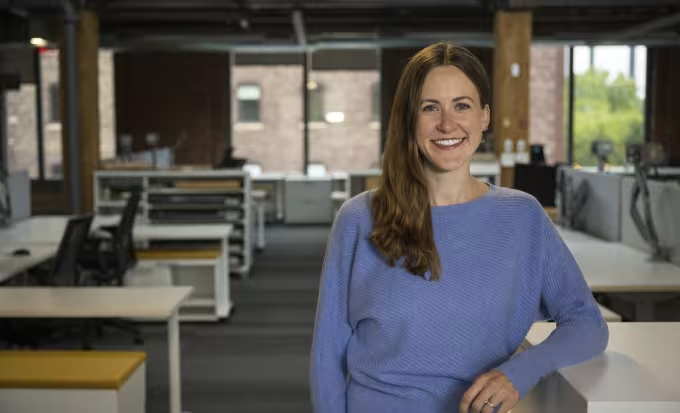
Jessica Kocak
"I am very excited that conversations around equity are front and center from both a project perspective and a firm culture one. I feel empowered to consider both those who will use the space, as well as those who will be impacted by project design decisions. I’m looking for opportunities related to social and environmental justice, whether small or large, on every project.
As a parent navigating the highs and lows of working and raising a toddler, I’ve felt inspired to start an employee resource group for caregivers. I’ve also found a lot of support from firm leaders and coworkers caring for children and/or adult family members. In my experience, Cuningham has a history of supporting employees as people who have responsibilities outside of work through policy and a family friendly firm culture; it’s a primary reason I chose to work at Cuningham years ago. There is a huge need right now to recognize the important work caregivers do outside of their official jobs, to support us, and to help us support each other. There’s some real momentum and I’m excited to be part of that."
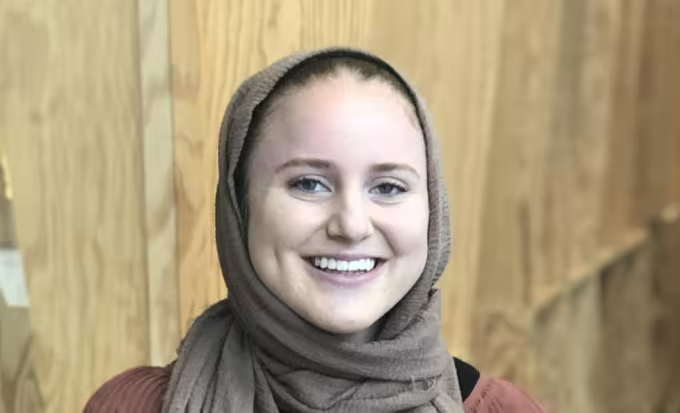
Samia Mansour
"Designing spaces that have a positive impact and are truly equitable and inclusive is what drives me. This requires that design is approached with less of a “talking” mentality and more of a “listening” mentality. For lack of better words, I think the job of an architect/designer is to be a translator - when going into conversations with the clients, end users, and the community, we should actively listen and understand their unique needs to then translate those into a physical space. I approach my work using a combination of listening, thoughtful research, and the understanding that equitable design is recognizing that there is never a one-size-fits-all solution. It is also understanding the importance of humility—there is always room to grow and do better."
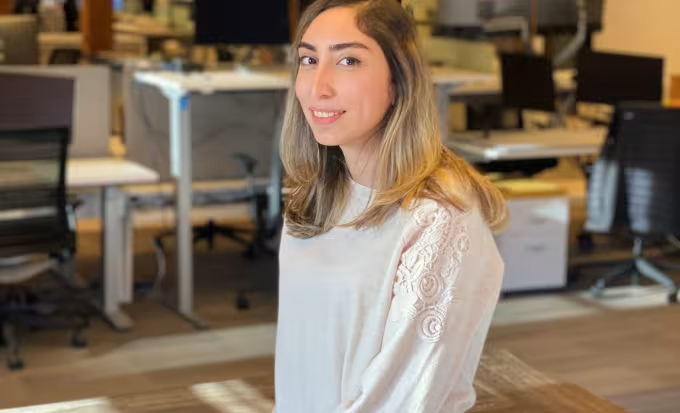
Sogol Karimkhani
"Equity is the topic that we keep hearing a lot, especially in relation to inclusive and collaborative design that serves all types of users regardless of their race, gender, age, etc. It's important to expand it even further than architecture. For instance, in our daily interactions, do we see anyone in need of support to grow in their professional work? If we are people leaders, what can we do to embrace equity in our work environment? At any stage of our career we can support colleagues by paying attention to their needs as individuals in order to help them fulfill their role."
